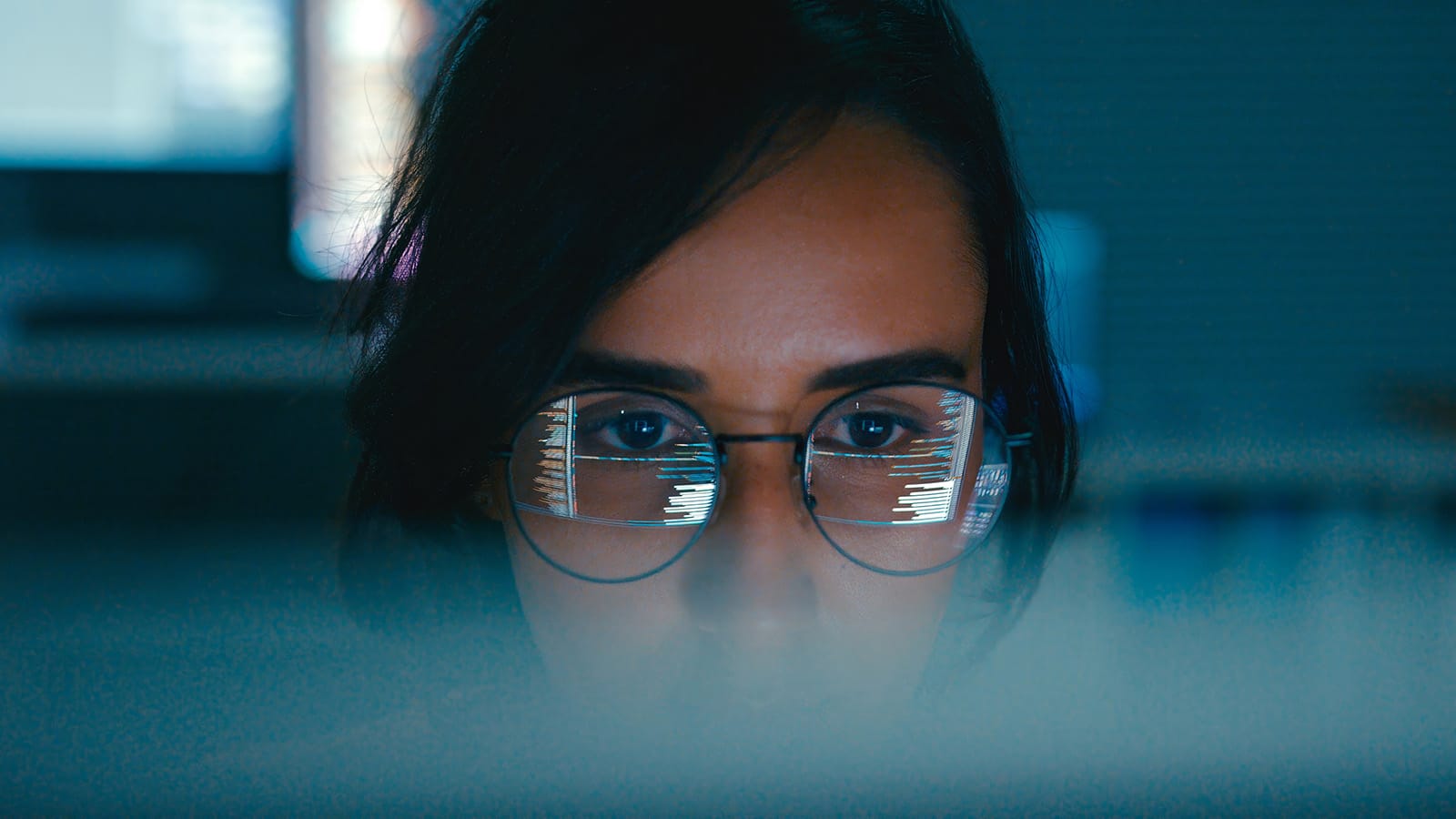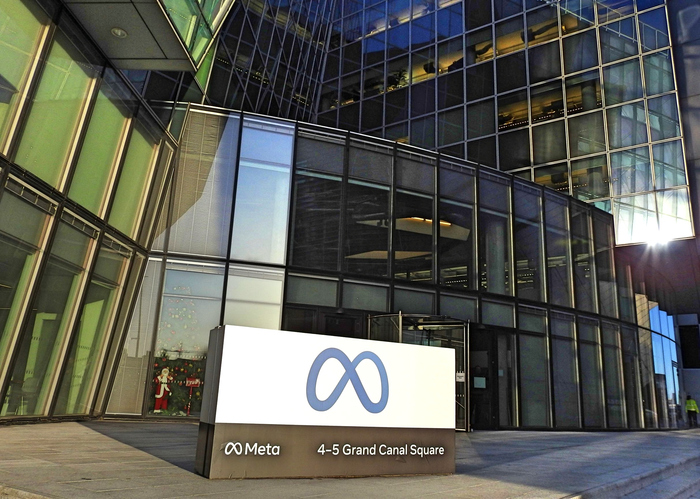Understanding SEC Whistleblower Rights: Can Secret Recordings be Disclosed?
The SEC Office of the Whistleblower is a department of the U.S. Securities and Exchange Commission (SEC) created to administer the SEC’s whistleblower program, which was created under the Dodd-Frank Wall Street Reform and Consumer Protection Act.
May 14, 2025

This information is provided for educational purposes only by Kohn, Kohn & Colapinto and does not constitute legal advice. No attorney-client relationship is created by accessing this content. Laws and regulations may change, and this material may not reflect the most current legal developments. If you believe you have a whistleblower claim, consult a qualified attorney to discuss your specific circumstances.
Navigating the world of SEC whistleblowing can be complicated, and met with a variety of potential legal risks. One of the risks that often arises is the question, “Can a whistleblower disclose secret recordings to the SEC?”
While answering this question, it’s important to consider the numerous legal implications associated with disclosing secret recordings, which might pose serious consequences for a whistleblower beyond retaliation.
This article aims to provide an overview of the legal and ethical complexities that surround the issue of disclosing secret recordings to the SEC.
We are delighted to welcome the former acting chair and commissioner of the SEC, Allison Herren Lee, to our firm.
Now Of Counsel at Kohn, Kohn & Colapinto, Allison Herren Lee is ready to serve and protect whistleblowers, and help them seek rewards under the Dodd-Frank Act and SEC Whistleblower Program. If you’re an SEC whistleblower seeking to report a concern, contact our law firm today to speak confidentially with Allison Lee.
Why Whistleblowing is Important
Whistleblowers play an essential role in exposing securities law violations that could impact the integrity of the markets and harm investors.
The SEC Whistleblower Program, established by the Dodd-Frank Wall Street Reform and Consumer Protection Act of 2010, encourages individuals to report possible securities law violations by providing financial incentives and protections against retaliation.
In FY 2022, the Commission awarded approximately $229 million in 103 awards, making FY 2022 the Commission’s second highest year in terms of dollar amounts and number of awards. Since the beginning of the program, the SEC has paid more than $1.3 billion in 328 awards to individuals for providing information that led to the success of SEC and other agencies’ enforcement actions.

New Release
Rules for Whistleblowers
The use of listening devices, or the recording of conversations in which the taper is not present, is illegal. In some cases, the smoking gun may be best caught on tape. Read Rule 9: Should You Tape? to learn your rights surrounding taping.
Secret Recordings and Legal Implication
The central question we’re discussing – whether or not a whistleblower can disclose secret recordings to the SEC – is not as straightforward as it seems. It mostly depends on the specifics of the situation and the state’s laws where the recording took place.
Many states in the U.S. operate under what is known as “one-party consent” laws. In these states, it is legal to record a conversation as long as one party to that conversation consents to the recording – and that one party can be the person doing the recording. In this case, such a recording could potentially be disclosed to the SEC as part of a whistleblower case.
However, other states adhere to “two-party consent” laws, meaning all parties involved in the conversation must be aware of, and agree to, the recording. If a whistleblower in a two-party consent state were to secretly record a conversation and then disclose that recording to the SEC, they could potentially be opening themselves up to legal repercussions, including possible criminal charges and civil liability.

| STATE | TAPING? |
| Alabama | One-Party Consent |
| Alaska | One-Party Consent |
| Arizona | One-Party Consent |
| Arkansas | One-Party Consent |
| California | Two-Party Consent |
| Colorado | One-Party Consent |
| Connecticut | One-Party Consent* |
| Delaware | Two-Party Consent |
| District of Columbia | One-Party Consent |
| Florida | Two-Party Consent |
| Georgia | One-Party Consent |
| Hawaii | One-Party Consent |
| Idaho | One-Party Consent |
| Illinois | Two-Party Consent |
| Indiana | One-Party Consent |
| Iowa | One-Party Consent |
| Kansas | One-Party Consent |
| Kentucky | One-Party Consent |
| Louisiana | One-Party Consent |
| Maine | One-Party Consent |
| Maryland | Two-Party Consent |
| Massachusetts | Two-Party Consent |
| Michigan | Two-Party Consent** |
| Minnesota | One-Party Consent |
| Mississippi | One-Party Consent |
| Missouri | One-Party Consent |
| Montana | Two-Party Consent |
| Nebraska | One-Party Consent |
| Nevada | Two-Party Consent |
| New Hampshire | Two-Party Consent |
| New Jersey | One-Party Consent |
| New Mexico | One-Party Consent |
| New York | One-Party Consent |
| North Carolina | One-Party Consent |
| North Dakota | One-Party Consent |
| Ohio | One-Party Consent |
| Oklahoma | One-Party Consent |
| Oregon | One-Party Consent |
| Pennsylvania | Two-Party Consent |
| Rhode Island | One-Party Consent |
| South Carolina | One-Party Consent |
| South Dakota | One-Party Consent |
| Tennessee | One-Party Consent |
| Texas | One-Party Consent |
| Utah | One-Party Consent |
| Vermont | One-Party Consent*** |
| Virginia | One-Party Consent |
| Washington | Two-Party Consent |
| West Virginia | One-Party Consent |
| Wisconsin | One-Party Consent |
| Wyoming | One-Party Consent |
*Connecticut is a one party consent state for in-person conversations or phone calls recorded by a participant of the conversation only.
**Michigan is a one party consent state if the recording party is a participant in the conversation.
***Vermont is considered a one party consent state, but if you are recording audio, you will need to gain the consent of at least one party.
Ethical Considerations
Apart from the legal aspects, ethical considerations also become a factor when disclosing secret recordings. Whistleblowers often find themselves in a moral dilemma, weighing their duty to expose wrongdoing against the potential violation of privacy that secret recordings entail. From an ethical standpoint, the appropriateness of such recordings often hinges on the fraud or misconduct being exposed and the necessity of the recording as evidence.
One of the most famous whistleblower cases involving secret recordings was that of Mark Whitacre against Archer Daniels Midland (ADM), a global food processing corporation.
Whitacre, an executive at ADM, became an informant for the FBI in the mid-1990s. He wore a wire and secretly recorded meetings with top company officials, which provided evidence of an international price-fixing conspiracy.
In this case, the secret recording was deemed appropriate as Whitacre had the consent and backing of the FBI, and the recordings were integral in exposing serious corporate fraud. The misconduct being exposed was of significant public interest, involving massive amounts of money and high-level executives at a major corporation. As such, the benefits of the recordings in revealing this misconduct outweighed the ethical concerns over privacy invasion.
A prominent instance where the use of secret recordings was criticized and subjected the whistleblower to potential liability involves the case of Linda Tripp during the Clinton-Lewinsky scandal in the late 1990s.
Tripp, a former Pentagon employee, secretly recorded phone conversations she had with Monica Lewinsky, who was a fellow Pentagon employee and a former White House intern, who revealed to Tripp her sexual relationship with President Bill Clinton.
Tripp then shared these recorded conversations with Kenneth Starr, the independent counsel investigating the President on unrelated matters. These tapes subsequently played a central role in the impeachment proceedings against President Clinton.
However, legal implications also arose from these actions.
Maryland, where Tripp resided and made the recordings, is a “two-party consent” state, meaning that all parties involved in the conversation must consent to it being recorded, unless the person making the recordings did not know it was illegal. Lewinsky did not consent to these recordings. Tripp was charged in Maryland with illegal wiretapping, but the charges were ultimately dismissed due to prosecutorial abuse.
Despite the high-profile nature of the allegations and the significant public interest in the impeachment proceedings, Tripp’s secret recordings highlight the need for careful, informed decision-making in these circumstances.
Keep in mind, the SEC generally doesn’t encourage or discourage the use of secret recordings by whistleblowers. The agency’s main concern is the uncovering, investigation, and prevention of securities law violations. However, it is important the SEC also respects the privacy laws of individual states and does not wish for whistleblowers not to engage in illegal activities when to gathering evidence.
It is strongly advised that whistleblowers consult with an attorney experienced in SEC whistleblower and privacy laws before making such a disclosure. This will ensure they are making a smart decision that will protect their rights and shields them from potential retaliation and legal repercussions.
Our Firm’s Cases

Environment & Human Rights Violations Exposed
Oil industry’s environmental crimes and cover-up in Colombia have been exposed. Whistleblower Andrés Olarte Peña, with the support of his attorneys Kohn, Kohn & Colapinto and the damning evidence compiled in the Iguana Papers, is calling for an investigation into Ecopetrol and its executives by the Colombian government and the U.S. Securities and Exchange Commission.

$30 Million Award
Protecting the confidentiality of Wall Street whistleblowers is among the most important breakthroughs in federal whistleblower law. Under the Dodd-Frank Act, whistleblowers can file anonymous cases, and everything about their case, including who they sued, remains secret.

$13.5 Million Award
Our firm represented an anonymous whistleblower, who on May 17, 2021, received a whistleblower award of almost $13.5 million. The SEC has issued more than $31 million in whistleblower awards related to this case.

![Reporting Recordkeeping Failures To The Sec [2025 Guide]](https://kkc.com/wp-content/uploads/2025/01/Recordkeeping-Failures.jpg)




